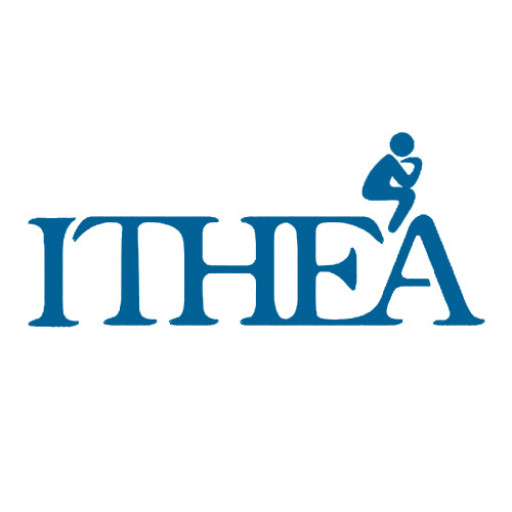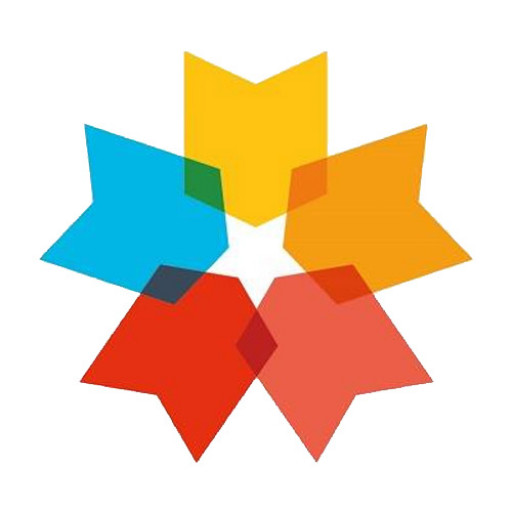The Bachelor of Early Childhood Education and Care at the Institute of Tertiary and Higher Education Australia is a comprehensive undergraduate program designed to prepare students for a rewarding career in early childhood development and education. This program equips students with the necessary knowledge, skills, and practical experience to work effectively with young children from birth to eight years old, fostering their cognitive, social, emotional, and physical development. Throughout the course, students explore a wide range of topics including child development principles, curriculum planning, inclusive education, family and community engagement, and the regulation and policies governing early childhood care. Emphasizing hands-on learning, the program includes extensive practical placements in licensed early childhood settings, enabling students to apply theoretical knowledge in real-world environments under the supervision of experienced educators. The curriculum is designed to align with national early learning standards and promotes best practices in creating safe, nurturing, and stimulating learning environments for diverse groups of children. Graduates of this program are well-prepared to pursue roles such as early childhood educators, preschool teachers, child care directors, and community development workers. Furthermore, the program encourages continuous professional development and lifelong learning, with pathways available for further studies in education or specialized fields within early childhood care. The Institute of Tertiary and Higher Education Australia maintains a strong commitment to excellence in teaching and research, ensuring students receive quality education that meets industry standards and contributes positively to early childhood service quality and outcomes. Through a combination of classroom instruction, practical placements, and industry engagement, students graduate with the confidence and competence to make a meaningful difference in young children's lives and to support families and communities in their early childhood development journeys.
The Early Childhood Education and Care program at the Institute of Tertiary and Higher Education Australia is designed to prepare students for a rewarding career in the childcare and early education sectors. This comprehensive program provides students with the essential knowledge, practical skills, and understanding required to support the development, learning, and wellbeing of young children from birth to age five. Throughout the course, students will explore a wide range of topics, including child development theories, curriculum planning, inclusive education practices, health and safety procedures, and effective communication with children and families. The program emphasizes the importance of creating safe, nurturing, and stimulating environments that foster children's social, emotional, and cognitive growth.
Students will gain hands-on experience through supervised placements in early childhood settings, allowing them to apply theoretical knowledge in real-world environments. This practical component is integral to the program and helps students develop confidence and competence in working with diverse groups of children. The program also covers key aspects of professional conduct, ethics, and the legal responsibilities involved in early childhood education. Upon graduation, students will be equipped to work in a variety of settings such as preschools, childcare centers, and early childhood education services, or to pursue further study in related fields. The Institute is committed to providing a supportive learning environment that encourages innovation, critical thinking, and a deep understanding of the importance of early childhood education in shaping future generations. Graduates of this program will be well-prepared to make a positive impact on children's lives and contribute meaningfully to the early education sector.
Program requirements for the Bachelor of Early Childhood Education and Care at the Institute of Tertiary and Higher Education Australia include completing a total of 24 units over the course of the program. These units are a combination of core coursework, practical placements, and elective modules designed to equip students with comprehensive knowledge and skills necessary for working with young children. Prospective students must hold a high school certificate or equivalent qualification that demonstrates sufficient literacy and numeracy skills. International applicants are required to demonstrate English language proficiency through standardized tests such as IELTS with a minimum score of 6.0 overall, with no band less than 5.5, or equivalent evidence. Applicants are usually expected to submit a completed application form along with academic transcripts, proof of identity, and a current CV highlighting any relevant experience or motivation for working in early childhood education. Furthermore, candidates must undertake a criminal background check and provide valid Working with Children Checks to ensure they meet safety and suitability standards for working with children. Some units may have pre-requisites or require the completion of introductory courses in child development or educational psychology. The program emphasizes both theoretical understanding and practical experience; hence, students are required to undertake supervised placements in early childhood settings, which are assessed as part of the program requirements. Successful completion of all coursework and placements is necessary to graduate. The degree prepares graduates for employment in various settings such as preschools, long-day care centers, and community services. It is also aligned with industry standards and Australian Qualification Framework (AQF) Level 7 requirements. During the program, students are also encouraged to engage in ongoing professional development activities and participate in workshops or seminars related to early childhood education. For admission, candidates must meet the English language requirements and provide evidence of prior academic achievements, along with meeting health and safety standards outlined by the university's policies. The program's curriculum is designed to fulfill accreditation standards set by relevant Australian childcare and education authorities, ensuring that graduates are qualified to work legally and effectively in the sector.
The financing of the Early Childhood Education and Care program at the Institute of Tertiary and Higher Education Australia is designed to accommodate a diverse range of students, including domestic and international learners. Funding options primarily include government support, institutional scholarships, financial aid, and payment plans. For domestic students, the Australian government offers various financial assistance schemes such as Higher Education Loan Program (HELP), which includes HECS-HELP and FEE-HELP, allowing students to defer part or all of their tuition fees until they are financially able. These loans are aimed at ensuring equitable access to quality education regardless of students' financial backgrounds.
International students are usually expected to pay the full tuition fees upfront, which can be financed through personal savings, family support, or private loans. The university often provides flexible payment options, including installment plans to help manage the cost over time, easing the financial burden on students and their families. Additionally, the university offers a limited number of scholarships based on academic merit, socioeconomic need, or specific demographic criteria, which can significantly reduce the financial costs associated with the program. Students are encouraged to apply early for these scholarships to maximize their chances of acceptance.
Private financial institutions may also provide education loans to eligible students, although these are not directly managed by the university. Students are advised to seek financial counseling to explore all available options thoroughly. For those receiving government subsidies or participating in training incentive programs, some funding may also be supplemented by employer contributions or industry partnerships, especially for students enrolled in vocational training pathways. Overall, the funding landscape for the Early Childhood Education and Care program at the Institute of Tertiary and Higher Education Australia aims to promote accessible, equitable, and affordable higher education, ensuring that students can focus on their academic and professional development without undue financial strain.
The Early Childhood Education and Care program offered by the Institute of Tertiary and Higher Education Australia is designed to equip students with the essential skills and knowledge required to work effectively in early childhood settings. This comprehensive program covers a broad range of topics, including child development, health and safety, curriculum planning, and family engagement. It aims to prepare graduates to support the developmental needs of children from birth to around five years old, ensuring they are ready for primary education and beyond. The curriculum emphasizes practical skills through hands-on experience in supervised early childhood environments, enabling students to apply theoretical concepts in real-world contexts. Students will learn about inclusive practices, behavioral guidance, and cultural competence to cater to diverse families and children. The program also integrates current policies and standards in early childhood education, aligning graduates’ competencies with industry requirements. Courses are delivered by experienced educators using a blend of classroom instruction, online learning modules, and workplace placements, fostering a well-rounded learning experience. Upon successful completion, graduates will receive a qualification that qualifies them for roles such as preschool educators, childcare workers, and early childhood educators in various settings. The program supports career progression within the early childhood sector and provides pathways for further study in related fields. The Institute emphasizes quality education, industry engagement, and fostering a professional ethos among its students to ensure they meet the demands of this vital and rewarding profession.







